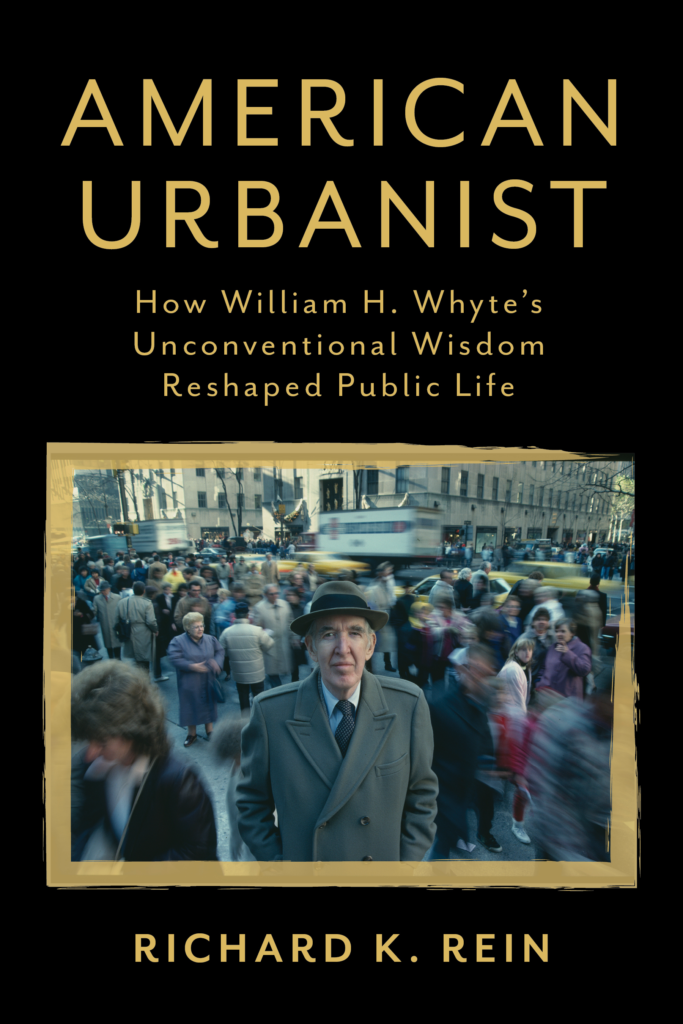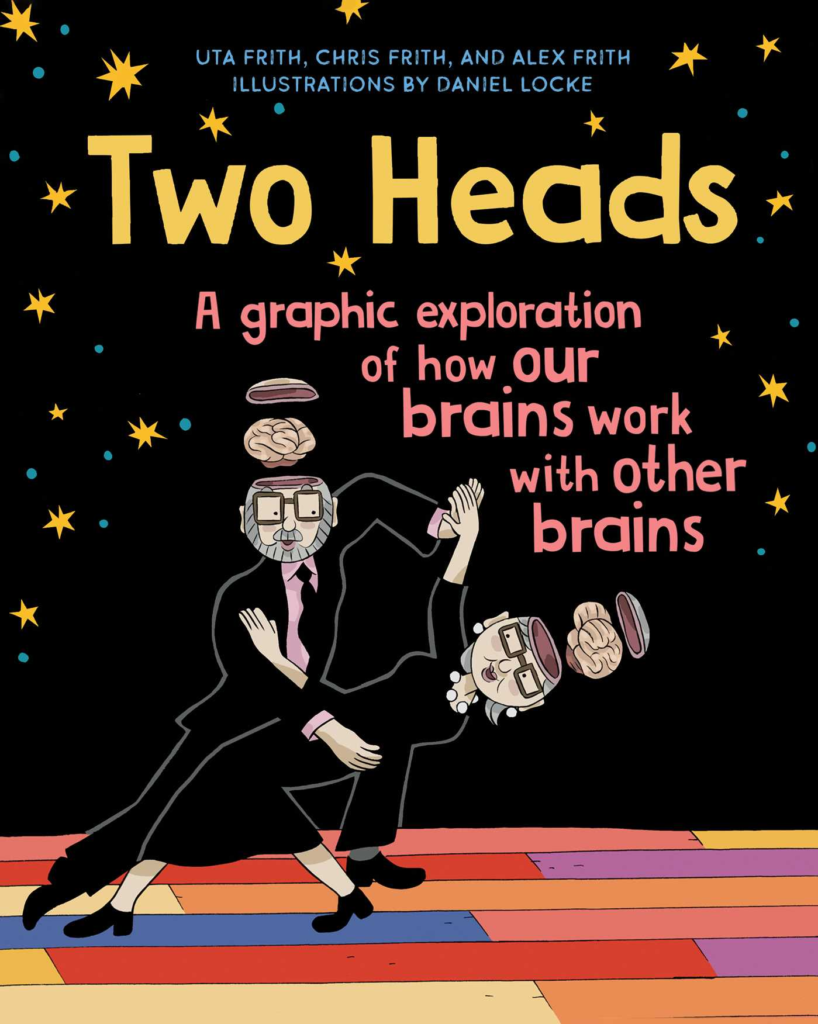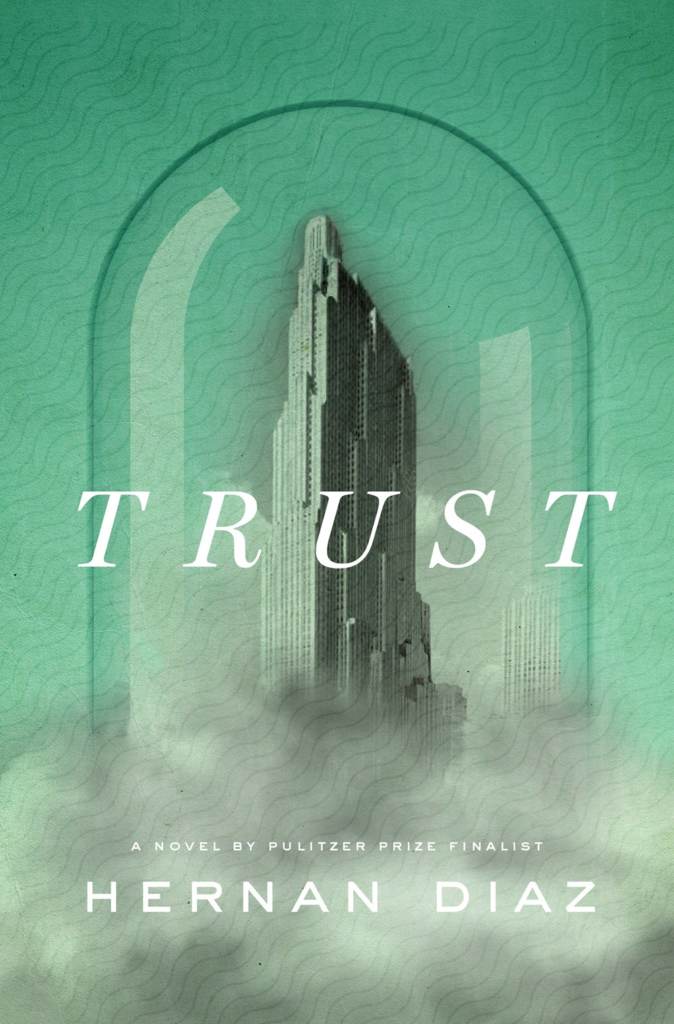When it comes to non-fiction, while I bought more this past year than in prior ones, most I don’t read end-to-end. Instead, they’re references for my work (organization design and leadership). That said, four stood out and kept me engaged from beginning to end:
- are we human? notes on an archaeology of design
- Man’s Search for Meaning
- American Urbanist: How William H. Whyte’s Unconventional Wisdom Reshaped Public Life
- Two Heads: A Graphic Exploration of How Our Brains Work with Other Brains
Are We Human? Notes on an Archaeology of Design, Colomina and Wigley
As a design nerd with an anthropology background, it’s perhaps unsurprising that are we human? was my only ?????????? book this past year. I want to revisit it for a deeper critical appraisal; I simply haven’t had the time for such an exercise.
But *anyone* interested in design, humanity, anthropology, culture, society, and the folly of modernism (it never ceases to surprise me how design-types continue to fall for the intellectual bankruptcy of the modernist movement, particular the philosophies of shysters like Le Corbusier) should get a great deal out of reading this book, particularly the reflections it encourages.
Though written by professors and willing to traffic in theory, are we human? is never oblique or obfuscatory in the way of so much academic writing. I would love to run a chapter-by-chapter book club for this text.
Man’s Search for Meaning, Frankl
The oldest book I read this past year, originally published in 1946 in German, 1959 in English, with a number of updated and augmented versions since (I read the 2006 e-book.) I was introduced to Man’s Search for Meaning by my 14yo son, who, after having completed a class assignment well before the period was over, was recommended the book by his English teacher. It blew his mind, so I thought I’d give it a crack.
It’s a powerful book, divided into two parts. The first details Frankl’s experience in German concentration camps, a horrific experience that somehow made him stronger. The second then explores Frankl’s theory of logotherapy, his belief that meaning and purpose are what’s most important to humans and their continued survival. As someone with nihilism tendencies, I’m intrigued by non-religious and non-spiritual discussions of being connected to something greater than yourself.
American Urbanist: How William H. Whyte’s Unconventional Wisdom Reshaped Public Life, Rein
A recommendation I found through The New York Times, American Urbanist is an intellectual biography of William H. Whyte, probably best known for his 1957 book The Organization Man, an early anthropology and sociology of corporate life, though he spent the bulk of his career pursuing matters of urban design and public spaces, with a focus on New York City. On that front, probably his greatest impact was as an early advocate of Jane Jacobs, whose The Death and Life of Great American Cities established a new way of thinking about urbanism.
As both an org designer and urban nerd, I was predisposed to appreciate this book. While I would have been quite content with a straightforward biography, Rein’s engagement with Whyte’s intellectual realm is impressive and illuminating, making connections and pursuing threads for further study. Whyte proves to be a great main character, an East Coast WASP with an Ivy League education who nevertheless developed an outsider, even Bohemian take on the heart of American life. Whyte operated within the comfort of established corporations (Time/Life Inc., the Rockefeller Foundation) while maintaining an iconoclastic perspective that often ran contrary to his benefactors’ beliefs.
Closer to home, I appreciated how Whyte developed his points of view not through formal education, but simply a no-nonsense approach to understand the world around him: close observation (he was an early advocate of sociological and ethnographic practices in studying corporations and cities), an appreciation of the impact that design choices have on people, the practical application of good writing and strong storytelling, and an allergy to dogma.
Two Heads: A Graphic Exploration of How Our Brains Work with Other Brains, Frith, Frith, and Frith
Cognitive science has long been of lay interest to me (and was a ‘path not taken’ in college, when I chose to study anthropology instead), and more recently, I’ve been studying up on collaboration and team dynamics, given my professional orientation around increasing the effectiveness of organizations.
So, when Two Heads came to my attention (likely another The New York Times recommendation), I was intrigued not just by the subject matter (how our brains have evolved to work best with other brains), but the presentation format—comics. Visual representations of abstract concepts is something else I grapple with a lot (e.g., org charts), so I’m curious as to how others conduct such things.
This book is very much for the layperson, and much of it addresses the basics of neuroscience. When it gets to the heart of their thesis (about collaborating brains), it definitely picks up, and provides some interesting insights into when we work better together, vs when we work best on our own. (I even cited it in a post on LinkedIn about the folly of individual performance evaluations for people working in teams.)






















